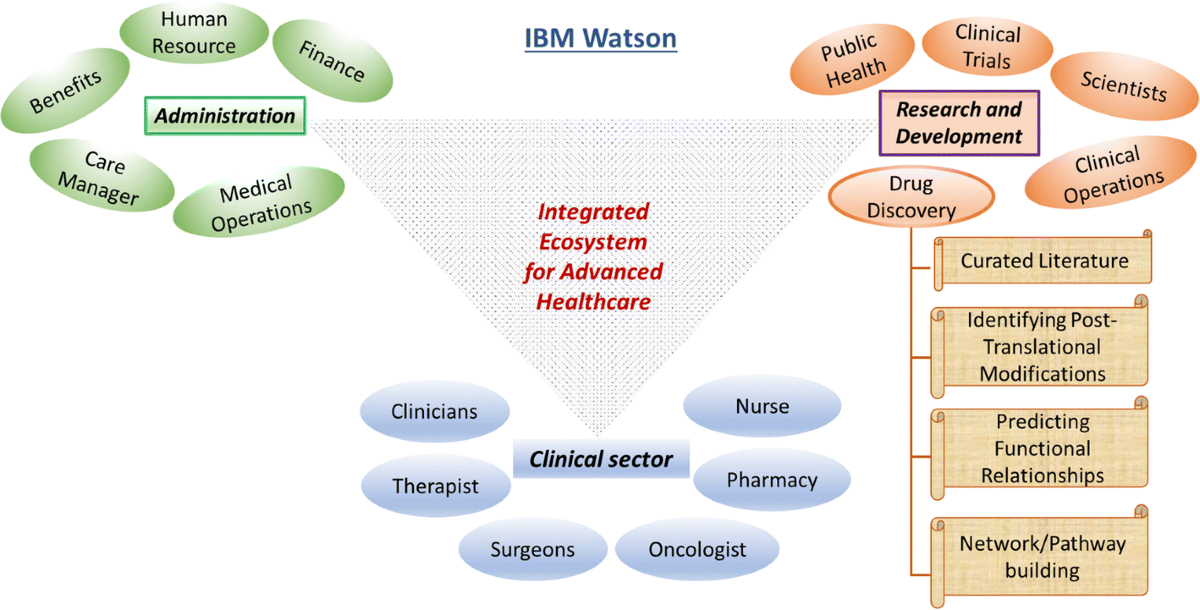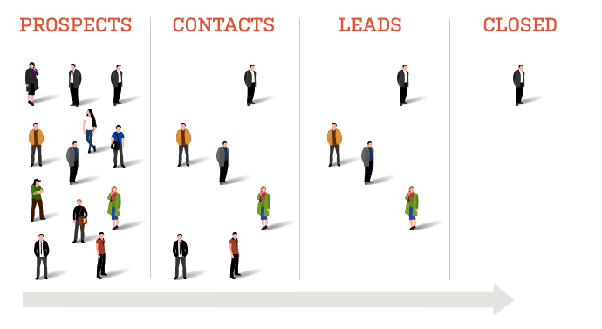Patient expectations in the healthcare industry are rising steeply these days. To correspond, businesses must implement some of the most innovative and effective solutions. One such option is big data. But what is it, and how can it be implemented for your business? Learn the clues from this guide.
What Is Big Data?
Big data refers to the vast volumes of structured and unstructured information generated daily. Let’s put it more specifically: in healthcare, this encompasses
- patient records,
- clinical trial info,
- medical imaging,
- and more.
The role of healthcare providers is to effectively analyze this information and use it to identify patterns, predict trends, and make informed decisions that enhance patient care and operational efficiency.
5 Big Data Solutions for the Healthcare Sector
These days, more healthcare businesses choose to address big data services instead of implementing solutions independently with their in-house team. In fact, there are many reasons underpinning this decision. However, the most crucial is the complex approach one can get with specialized experts who commit to:
- Providing a detailed consultation on the best-fitting solutions and services that suit specific needs;
- Building an effective solution that will allow to gather, stock, and process huge bulks of information;
- Analyzing the current performance of the implemented solution and coming up with detailed updates and future predictions.
Ok, but what are the actual solutions you might want to consider? These are the top five options.
1. Data Integration and Management
Healthcare organizations often struggle with disparate info sources, including electronic health records (EHRs), lab results, and patient feedback. A robust data integration solution can solve this issue. It consolidates information into a unified system, ensuring consistency and accessibility of information. The whole process allows the creation of customized patient profiles, enabling personalized treatment plans and reducing the risk of medical errors.
2. Predictive Analytics
Predictive analytics works to analyze past historical info. Then, it uses the bulk of information to forecast
- patient outcomes,
- disease outbreaks,
- and resource needs.
The tech has proven to have a significant effect on routine. For example, it allows hospitals to predict patient admission rates during flu season. This way, they can stay prepared and guarantee better staffing and resource allocation. This proactive approach not only enhances patient care but also optimizes operational efficiency.
3. Real-Time Monitoring
This solution allows for constant, real-time tracking of patient vitals and health metrics. The results are gathered through wearable devices and IoT sensors. These technologies collect info that can alert healthcare providers to critical changes in a patient’s condition. The ability to immediately respond to any changes is achieved as a result. Real-time monitoring has proven effective for managing chronic diseases and preventing medical emergencies.
4. Patient Engagement and Personalization
In healthcare, the most effective way to drive revenue is to guarantee patient engagement. Big data offers a range of solutions to provide it. For example, you can implement tech that provides insights into individual health behaviors and preferences. With this information at hand, healthcare providers can develop
- personalized communication strategies,
- educational materials,
- and treatment plans that resonate with patients.
As a result, they achieve better adherence and outcomes.
5. Operational Efficiency Optimization
Analyzing operational info helps healthcare facilities identify workflow inefficiencies, resource utilization, and supply chain management. For example, big data can reveal bottlenecks in patient flow or underutilized equipment, allowing administrators to implement targeted improvements. This leads to cost savings and enhanced service delivery.
Why Implement Big Data in 2025?
As we approach 2025, the need for advanced solutions in healthcare is more critical than ever. Here are key reasons why big data implementation is essential for healthcare businesses:
- Enhanced Personalization of Patient Care
With big data, healthcare providers can analyze individual health patterns and medical histories. It allows customized treatment plans and interventions that improve patient engagement and outcomes. What you can achieve as a result is customized healthcare — the most effective way to retain patients.
- Cost Reduction
While big data initially requires investments, it can significantly reduce costs in the long term. The thing is, these solutions help identify inefficiencies, such as overused resources or ineffective treatments. This way, healthcare facilities can optimize resource allocation and reduce unnecessary expenses.
- Improved Health Outcomes
Big data can help achieve the primary goal of any healthcare institution — better outcomes. This enables proactive care, preventing complications and reducing hospital readmissions, which benefits both patients and healthcare providers.
- Better Decision-Making
Big data analytics supports informed decision-making at all levels, from clinical care to administrative operations. Informational insights help providers make evidence-based decisions, enhancing the quality of care.
- Enhanced Research
Big data accelerates clinical research by providing vast datasets for study. This way, we can potentially achieve faster breakthroughs in disease treatment, drug development, and patient care methodologies.
- Improved Patient Monitoring
By leveraging real-time data from wearables and IoT devices, healthcare providers can continuously monitor patients’ health metrics, enabling early interventions that can prevent critical events.
- Enhanced Regulatory Compliance
Big data solutions aid in managing and protecting sensitive health info by ensuring adherence to regulatory standards like HIPAA, helping healthcare organizations maintain patient trust, and avoiding costly compliance violations
Obviously, the role of big data in the healthcare sector is many-sided and effective. Want to boost patient retention? This tech can be an effective tool to use. Plus, it significantly improves health predictions and outcomes, which is the main target of any related provider.







